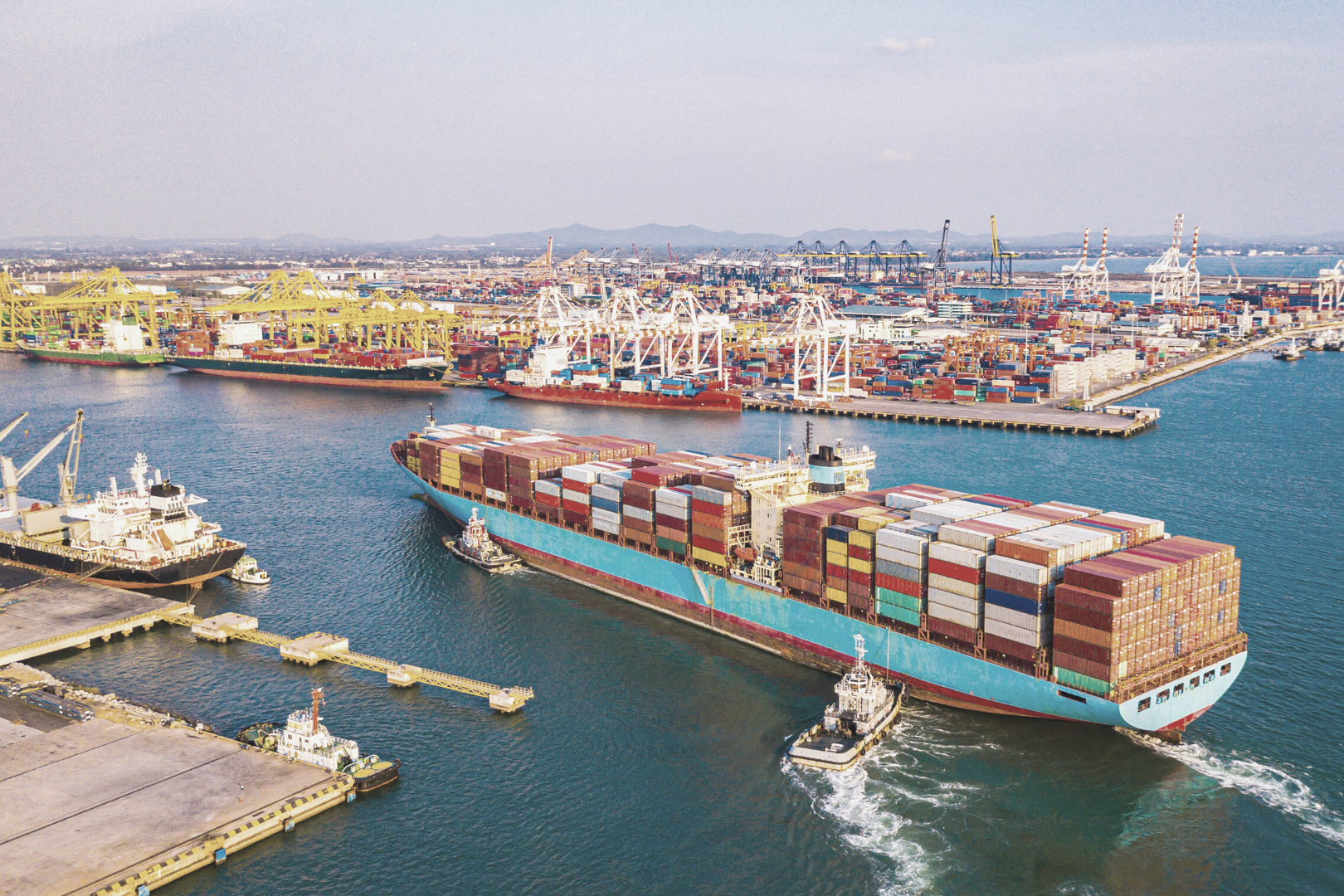- Home
- Trade News
- Turkey earthquakes strain econ ...

Government officials and analysts have estimated that the big earthquakes that struck Turkey would add billions to Ankara’s budget and reduce economic growth by much to 2 percentage points this year.
Approximately 14,014 people were killed and 63,794 were wounded when earthquakes hit Turkey on Monday, causing widespread havoc. There were once around 13.4 million people living in the region, and they left behind a lot of infrastructure, including houses, hospitals, highways, pipelines, and other structures.
It is unclear how extensive the damage is, but authorities say Turkey will have to spend much on reconstruction. One senior official told Reuters, “there will be billions of dollars of damage,” and that quick rehabilitation of infrastructure, homes, and industry will be required.
Ratings agency Fitch also warned that the earthquakes that have rocked Turkey and Syria might result in economic losses of more than $4 billion. Economic losses are hard to predict while the situation is changing, Fitch Ratings stated, but they are likely to surpass $2 billion and potentially reach $4 billion “or more.” It also noted that the low level of insurance in the region would mean that insured losses would be far smaller, maybe hovering around $1 billion.

As the government of Turkey implemented a new economic model, the country was plagued by high inflation and currency collapses for years. In January, Nureddin Nebati, the country’s Treasury and Finance Minister, predicted that inflation will continue to fall, and family incomes would rise thanks to the government’s focus on economic growth and job creation in 2023.
Nebati pledged then to maintain the government’s focus on investment, employment, production, and exports in 2023, as part of the economic model proposed by the government in late 2021 to reverse Turkey’s chronic trade deficits, a significant component of the country’s current account. Inflation, which reached a 24-year high in October before moderating over the subsequent two months and is forecast to decline considerably this year, is another focus of the model’s emphasis on targeted loans and low interest rates.
However, years of foreign exchange reserve depletion and central bank degradation have left their mark on Turkey, despite the fact that the country’s debt levels are significantly lower than those of most others. Moreover, output in the area, which contributes 9.3 percent to Turkey’s GDP, is projected to be negatively impacted by the earthquake (GDP).
Data from the Energy Exchange Istanbul (EPIAS) indicated that energy consumption in Turkey declined by 11% on Monday, compared to the previous week. The economy could suffer this year due to the interruption.

In June 2022, Turkey exports reached $23.4 billion, the biggest monthly total in the country’s history. Under the case of a 50% reduction in regional output, three analysts estimated GDP growth might fall by 0.6 to 2 percentage points, with a recovery time of 6-12 months. The administration predicts a 5% expansion in the year 2023.
A separate high-ranking official has warned that growth may fall short of expectations by 1% to 2%. According to the official, some of the investment resources planned in the budget will need to be spent for these regions.
An estimated 8.5% of Turkish exports and 6.7% of Turkish imports come from the earthquake-stricken southeast area. Economists, however, suggest that the earthquakes will likely have little effect on Turkey’s trade balance since both exports and imports are projected to decrease.
Use TradeData.Pro to keep a close eye on the latest trade developments in Turkey. You may also visit Turkey’s import-export data page for trade updates.
The most trustable and reliable source for Trade Data.
TradeData.Pro is a reliable and trustworthy source of trade data proudly made in Singapore, a country known for its stable political climate and trade-driven economy. Presented by Commodities Intelligence Centre, a government-linked company and a joint venture of Zall Smartcom, SGX, and GeTS, TradeData.Pro has received positive feedback from the market since its launch in 2018 for its extensive coverage, affordability, and fast response. The platform has been awarded the Singapore Quality Class in 2020 and the Stevie Award Gold in 2021.
Traditionally, obtaining critical data to reveal trends, identify market opportunities, track competitors, buyers, and suppliers, and better understand the potential of the supply chain has been a challenge. However, the detailed shipment information that is part of government import and export filing requirements does exist and forms the core of global trade. TradeData.Pro has gathered and packaged this information as business intelligence, which helps companies understand the flow of goods across borders and features the world’s largest searchable trade database. TradeData.Pro reviews, standardizes, and cleans data and delivers it in an intuitive format, making it easier for businesses to access.
Businesses interested in staying updated on Vietnam, the hottest industry lately, can access all relevant information on the TradeData.Pro platform. They can find the exact product they’re interested in by checking out the trade database demo at https://tradedata.pro/asia-trade-data/vietnam-import-export-data/. To learn more about accessing new markets, visit https://tradedata.pro/trade-database-demo/.
Additionally, businesses can check out this article to learn how to use TradeData.Pro to access Global Trade Markets: https://blog.tradedata.pro/say-hello-to-our-new-release-of-tradedata-pro/. To understand how TradeData.Pro works, watch the video below or visit https://www.youtube.com/watch?v=tITfUvjs6Gc.
Business Economy Export Global Import International Trade Leads Markets Trade Data Pro Turkey Worldwide






